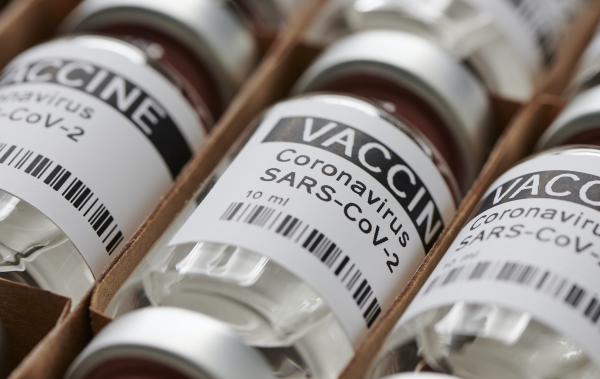Australia's National Cabinet has endorsed a COVID-19 Vaccination Policy that outlines the "key principles and assumptions" for a national program to distribute and administer any approved candidates.
The policy is based on advice from the federal government's key advisory body on immunisation - the Australian Technical Advisory Group on Immunisation.
According to a statement from Prime Minister Scott Morrison, "The Commonwealth will purchase all vaccines, leading logistics and distribution and will manage significant centralised national oversight and coordination in order to manage continuing complexities and critical unknowns, as well as to track the movement of doses and uptake of vaccination and oversee future surveillance."
He said the administration of any vaccines will be jointly managed by the federal, state and territory governments.
The vaccine will be provided free of charge for all Australian citizens, permanent residents, and most visa-holders.
Mr Morrison said it will be "strongly encouraged" but not mandatory and rolled out on the basis of identified priority populations, linked to delivery schedules, with scope for redirections to outbreak response.
The advice from ATAGI, which is highly contingent on the conditions of any regulatory approval, prioritises population groups "who have an increased risk, relative to others, of becoming very sick or dying from COVID-19 should they contract it."
The advice identifies older people, people with pre-existing underlying select medical conditions and Aboriginal and Torres Strait Islander people.
ATAGI then says "people who are at increased risk of exposure and hence being infected with and transmitting SARS-CoV-2 to others at risk of severe disease or are in a setting with high transmission potential."
This includes health and aged care workers, other care workers and people in other settings where the risk of virus transmission is increased.
It then says, "People working in services critical to the functioning of our society, including select essential services staff and people working in supply and distribution of essential goods and services."
